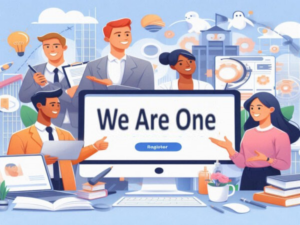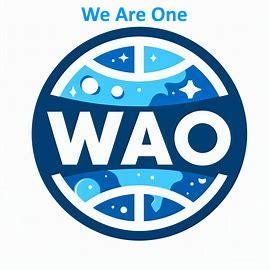An Internet community with many thousand or even millions of members can represent a significant economic power. Here are some aspects:
- Size and influence: The sheer number of members gives the community potentially enormous purchasing power and thus influence on companies and markets.
(The purchasing power could be used to order products for members like a wholesaler. If the distribution and transportation costs do not cancel out the price advantage …) - Collective decision making: When millions of people within a community come together to make shared decisions, it can have a significant impact on companies. For example, they could specifically boycott or favor products, which could have a direct impact on the market.
Imagine tens of thousands boycott Nestle worldwide after reading something like that: https://www.infosperber.ch/wirtschaft/konzerne/nestles-lohndumping-im-kaffee-paradies-mexiko/ - Changing consumer habits: Through their power as consumers, members of a large Internet community could change the demand for certain products or services, which could force companies to adapt or respond .
- Social Media Presence: A large internet community can have a strong social media presence. Through viral campaigns and the spread of information, they could influence companies and even shape reputations.
- Crowdfunding and donations: A large community can also raise significant amounts of money through crowdfunding or fundraising campaigns to support projects or promote charitable causes. This would allow them to have a direct influence on social initiatives and projects.
- Political influence: A large Internet community could also exert political influence by supporting political campaigns or advocating for certain policies that could have a direct economic impact.
Overall, an large Internet community could exert economic power in a variety of ways, whether through direct consumption, collective decision-making, social media influence, or political mobilization.





